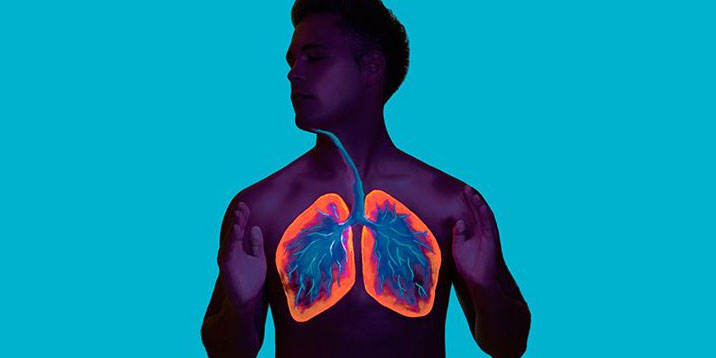
If you have high blood pressure, you may be curious whether taking medication to reduce the numbers is required. However, altering one's way of life is an essential component of hypertension management. By maintaining a healthy lifestyle, blood pressure may be managed, eliminating, delaying, or reducing the need for medication. Here are eight adjustments in lifestyle that may help decrease blood pressure and maintain it at a healthy level.
1. Lose Extra Pounds and Watch Your Waistline
When a person gains weight, their blood pressure will often rise. Being overweight also increases your risk of developing a condition known as sleep apnea, which disrupts your breathing while you are asleep and contributes further to high blood pressure.
Losing weight is one of the most effective adjustments in lifestyle that can be made to bring blood pressure under control. Even if you lose a little bit of weight, it may help lower your blood pressure if you have high blood pressure and are overweight or obese. If you lose one kilogramme (about 2.2 pounds), your blood pressure may drop by around one millimetre of mercury (mm Hg), which is measured in millimetres of mercury.
2. Exercise Regularly
Regular exercise has been shown to reduce high blood pressure by roughly 5 to 8 millimetres of mercury. It is essential to maintain an exercise routine to prevent a subsequent increase in blood pressure. A good rule of thumb is to strive for at least thirty minutes of moderate physical exercise daily. Working out regularly may also prevent slightly increased blood pressure from developing into high blood pressure (hypertension). Those who suffer from hypertension may find that regular physical exercise helps bring their blood pressure down to more manageable levels.
3. Follow A Nutritious Eating Plan
A diet heavy in whole grains, fruits, vegetables, and low-fat dairy products but low in saturated fat and cholesterol has been shown to reduce high blood pressure by up to 11 mm Hg in certain people. The Dietary Approaches to Stop Hypertension (DASH) diet and the Mediterranean diet are two types of eating plans that are good examples of eating plans that may help regulate blood pressure.

When consumed in enough amounts, potassium in the diet may help mitigate the negative impact sodium has on blood pressure. Instead of taking supplements, eating foods high in potassium, such as fruits and vegetables, is the best way to receive this mineral. Your goal should be 3,500 mg to 5,000 mg daily, which may result in a 4 to 5 mm Hg drop in blood pressure. Inquire with your primary caregiver about the ideal potassium intake for you.
4. Cut Down On The Amount Of Salt
An improvement in heart health and a decrease in high blood pressure of around 5 to 6 mm Hg may be achieved with even a modest reduction in the amount of salt consumed in the diet. The impact of a person's salt consumption on their blood pressure might vary greatly from one set of individuals to another. Try to keep your daily salt intake to less than 2,300 milligrams (mg).
5. Limit Alcohol
Alcohol consumption should be restricted to no more than one drink per day for women and no more than two drinks per day for men to achieve the desired blood pressure reduction of around 4 mm Hg. One drink is equivalent to one glass (or 12 ounces of beer), one glass (or 5 ounces of wine), or one and a half ounces (or 1.5 ounces) of 80-proof liquor. However, consuming excessive alcohol might cause a rise in blood pressure by several points. It is also possible for blood pressure drugs to become less effective.
6. Quit smoking
Cigarette smoking raises the risk of high blood pressure. Quitting smoking is an effective way to reduce blood pressure. In addition, it may lower one's chance of developing heart disease and enhance one's general health, resulting in a longer lifespan.
7. Get A Decent Night's Sleep

A poor quality of sleep, defined as consistently receiving less than six hours of sleep each night over many weeks, has been linked to an increased risk of developing hypertension. Sleep apnea, restless leg syndrome, and general restlessness are some conditions that may make it difficult to get or stay asleep (insomnia). Inform your primary care physician if you often have difficulties falling or staying asleep. Improving sleep by identifying and addressing the underlying problem may be possible. If you do not suffer from sleep apnea or restless leg syndrome, however, you may benefit from the following straightforward advice for improving the quality of your sleep.
8. Find Ways To De-Stress
Emotional stress that lasts long (chronic) may lead to high blood pressure. It is necessary to conduct further studies on the effects of stress reduction strategies to determine whether or not they may bring about a drop in blood pressure.



